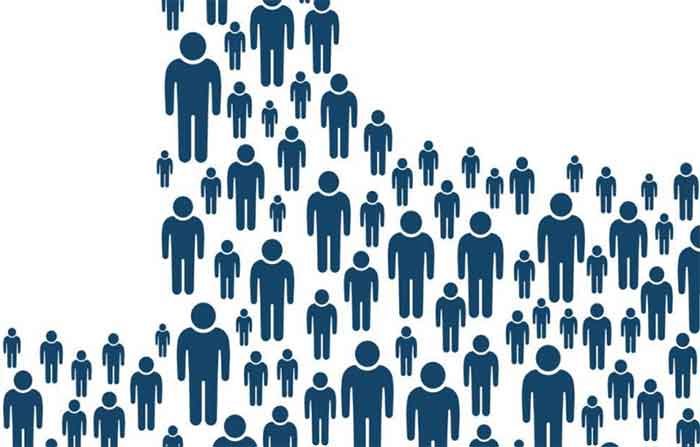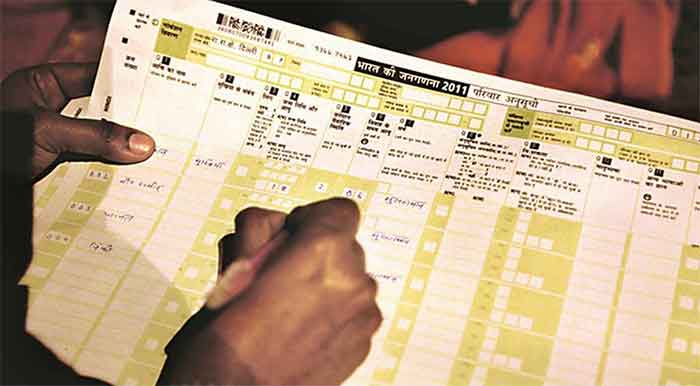
Prime Minister Modi’s announcement to conduct a caste census has surprised political analysts and sparked a fresh debate across the country. Many political pundits describe it as the BJP’s biggest electoral ‘jumla,’ arguing that the party is unlikely to follow through, as such a move runs counter to its Hindutva-driven politics. On the other hand, the Congress party claims credit, asserting that its pressure forced the government’s hand on this decision. In this article, I will offer a clear and focused analysis of how the caste census — if the government indeed goes ahead with it — could reshape India’s social and political narratives, and what implications it may hold for the future of the country’s development policies
Historically, caste has been a significant determinant of social, political, and economic life in India. It has always been influencing the access of resources, opportunities, and even identity. While the Indian Constitution gives safeguards in many ways against caste-based discrimination. But caste continues to influence a range of societal processes, from education and employment to marriage and social status. In this context, caste census can be an important tool that can bring a significant change in India’s societal narrative. Bringing caste dynamics into sharper focus, caste census will offer a more comprehensive understanding of social disparities, economic inequality and social hierarchy.
Redistribution of Resources
The caste census data not only provide a more accurate picture of the population’s caste composition but also underline reason behind the on-going social disparities. The data enables policymakers to address social inequalities with precision. For example, reservations in education and employment are a cornerstone of India’s affirmative action policy. But these measures have often been criticized and attacked by anti- reservationist forces. Sometime due to anti- reservationist propaganda, benefits of reservation failing to reach the most marginalized within the scheduled castes (SC), scheduled tribes (ST), and other backward classes (OBC). A detailed caste-based date could lead to more targeted policies, improve resource allocation system and better system to address the needs of historically disadvantaged groups. This shift from generalizations to nuanced understanding could challenge dominant narratives and paint affirmative action policies as divisive, instead reframing them as essential for equitable development.
A Challenge to Traditional Social Hierarchies
Caste has long been a significant instrument for maintaining societal hierarchies. It has been giving legitimate right to upper caste communities to wield power over lower-caste groups. The caste census data can challenge this naturally by disclosing the reality of historical caste-based disparities. By acknowledging caste as a factor in social and economic development, the census data can provide a platform for marginalized communities to share their experience of discrimination in various sectors and articulate their grievances more clearly. Furthermore, as political parties, media, and public discourse evolve around these revelations, caste could be reframed from an individual’s immutable fate to a social construct that demands reform, thereby challenging the status quo of caste-based discrimination.
Shift in Political Narratives
Politically, the caste census data could reshape electoral strategies. Political parties, especially those targeting marginalized communities, may tailor their agendas to better reflect the needs of specific caste groups. This could lead to the creation of new alliances and political parties, or reorientation of existing ones, as caste-based votes become more openly discussed and mobilized. In this sense, the caste census data could result in more focused political debates around social justice, welfare, and redistribution of economic resources. Ultimately the caste census data will not only challenge the existing political power structures but also recreate new power structure based on caste alliance. This will benefit to marginalised communities all social groups.
Redefining Identity and Solidarity
Caste is intricately linked to an individual’s identity in India. It cannot be ignored when we think about individual’s identity and social class. The caste census data can also validate the experiences of discrimination and suppression of marginalised communities. Those who has been facing discrimination since long time due to their caste can claim their share in the resources. While caste-based identity has historically been associated with stigma that make them marginalised in the society. But the census may offer an opportunity for marginalized communities to assert their rights more assertively and build stronger solidarity networks. The acknowledgment of caste in official records could also help communities demand fair treatment, better representation, and enhanced welfare measures. This may shift societal narratives toward inclusivity and away from the deeply ingrained biases that have long shaped India’s social fabric.
Socio-Cultural Change
The caste census data could also prompt deeper socio-cultural introspection. In the long term, the documentation and debate surrounding caste data could reduce the normalization of caste-based discrimination in social interactions, media, and other cultural expressions. In a sense, it could bring caste issues to the forefront of public consciousness. It could make caste-based inequality not just a political issue, but a cultural and moral one. This societal reckoning could alter cultural narratives about what it means to be a “privileged” or “marginalized” person in India, challenging the social acceptance of caste-based privileges and stigmas.
The caste census has the potential to fundamentally alter India’s societal narratives by making caste disparities visible and actionable. It could lead to more equitable policies and challenge long-standing hierarchies. Reshaping political and social alliances, caste census redefine how caste is viewed in India and it could be utilised to bring change in the larger society. However, its true potential lies not just in the enumeration of caste data, but in how this data is used to address deep-rooted inequalities and create a more inclusive society. While the census alone cannot eliminate caste-based discrimination, it could serve as a critical tool in the broader struggle for social justice and equity.
Subscribe to Our Newsletter
Get the latest CounterCurrents updates delivered straight to your inbox.
Omprakash Kushwaha is independent scholar and teaches Journalism and Mass communication












































